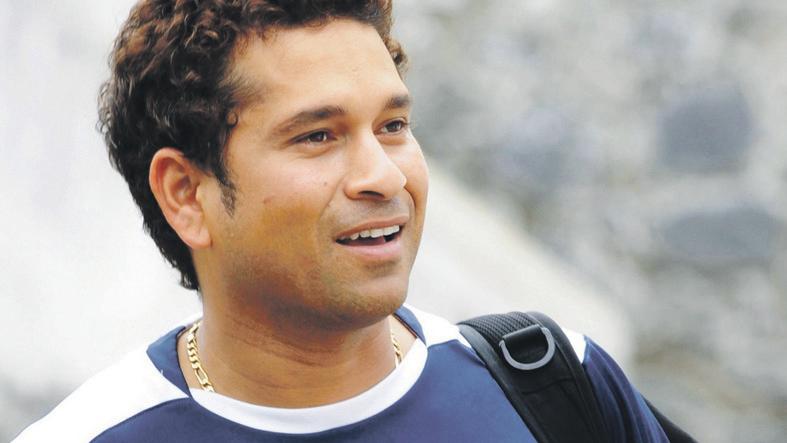
1 minute read
The end of an era s P
from 2013-11 Melbourne
by Indian Link
Sachin Tendulkar’s retirement brings to a close the golden age of cricket, reports AMAN DHINGRA
Hearing of Tendulkar’s retirement reminded me of how we take things for granted. As a 19 year old, I have never known cricket without Sachin, and although I knew that one day his career would end, it always felt as if that day might never come. It seems so sudden that the ‘little master’, whose name has become synonymous with cricket, has only a few playing days left in his career. And each of those days will be a celebration of the man who has become an icon not just for cricket fans around the world, but for all sportsmen everywhere.
When he steps off the field for the last time, the debate about his place in history will take off again. Was he more or less valuable than Dravid? Are his records exaggerated because the BCCI couldn’t drop him? Such questions are irrelevant because Sachin was never about numbers or figures. Tendulkar was about the game, and about the way it should be played. The years, runs and centuries all become a blur when we look back on the near quarter of a century that his international career has spanned; but what overshadows all of this was the grace, composure and humility he has maintained, both on and off the field, while being the single focus for over a billion people. He has been a genuine inspiration and example for everyone to look up to.
“If I get hurt, I will learn quicker,’’ he said. Soon after, in his first Test series, against Pakistan, Sachin was hit in the face by Waqar Younis and suffered a deep cut to his nose. He hit the next ball for 4!
Thanks for the memories, Sachin! I’ll never forget the Boxing
Day Test of 2011 on day 3 when, on the first ball after tea you hit an upper cut for 6. I’ll never forget the moment when the Indian team hoisted you on their shoulders and paraded you around the ground after finally winning the World Cup for you.
Virat Kohli then summed it up perfectly, “Sachin Tendulkar has carried the burden of the nation for 21 years. It was time we carried him.”
In the years to come, we will be the lucky ones who can say that we saw these men play, in the same way that our grandparents’ generation speak of Bradman.







